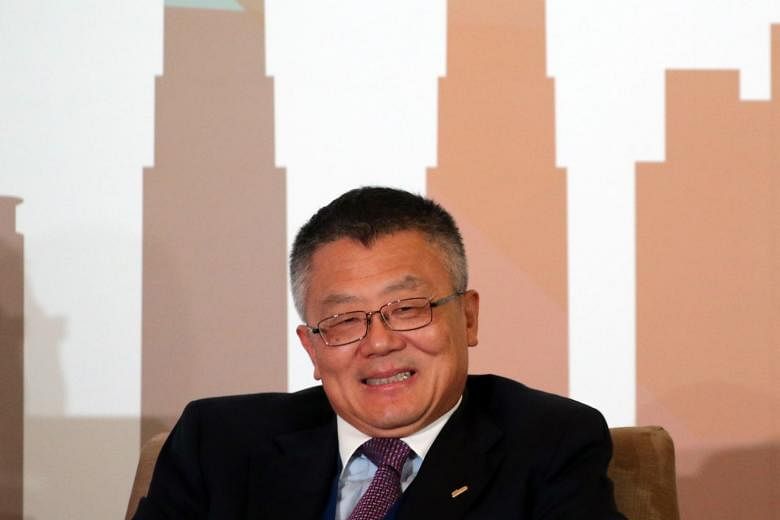Foreign countries and their intelligence agencies have long sought to shape actions and policies in other countries.
Such espionage and subversion were at their peak during the Cold War, but have resurfaced recently as the global balance of power shifts and geopolitical tensions rise. In the past few years, Australian officials have been busy trying to assess the extent to which Chinese agencies were gaining influence over Canberra.
An investigation by Australian media companies concluded that the Chinese Communist Party was secretly infiltrating Australian political parties and society to influence policy and opinion.
Lately, American and European officials have similarly been investigating Russian attempts at interfering in elections in their countries. And reports of America's extensive spy network in China being crippled in the early part of this decade have emerged.
Seen in the context of these cases, it may come as a shock - but certainly no surprise - that the Singapore authorities have uncovered "an agent of influence" of a foreign country operating here.
An agent typically refers to a person who is employed by an intelligence service to gather information on a country.
But an agent of influence is a person of standing - whether in academia, business, the media or other fields - who uses his position to influence a target country's policies and public opinion.
Agents of influence can be more insidious than ordinary agents, especially if they have espoused balanced, moderate views, been given permanent residency (PR) status or citizenship, and made an impression that they are neutral, disinterested parties who act in the best interests of the host country.
Often, but not every time, disinformation or fake news is planted to direct a course of action.
And their targets invariably do not suspect they are being used.
Yesterday, the Ministry of Home Affairs cited how Dr Huang Jing engaged prominent and influential Singaporeans, and gave them what he claimed was "privileged information" on the foreign country, "so as to influence their opinions in favour of that country".
The aim was for the information to cause the Government to change its foreign policy.
Earlier this week, Minister in the Prime Minister's Office Chan Chun Sing told Parliament that Singapore had to " be careful of potential foreign interference in our processes". This could include "an attempt to influence our public opinion, our own local organisations", he said in reply to Workers' Party MP Png Eng Huat.
The authorities have detected several such attempts. In 1982, the Internal Security Department exposed and expelled two Soviet military intelligence officers. One of them tried to cultivate an army second lieutenant for information on the Singapore Armed Forces, while the other had been sent here to take over a spy network.
In 1997, a woman civil servant was detained for giving classified information to a Singapore PR who was working under deep cover for a foreign intelligence service. In 1998, four Singaporean men, one of whom was a recruiter, were detained for collecting classified information for a foreign intelligence service.
But the case involving Dr Huang appears to be on a different level.
In the past few years, there have been concerns that businessmen and community leaders here are exerting pressure on Singapore diplomats and officials to "tone down" the country's principled positions on certain foreign policy issues that seem to have offended other countries.
More instances of similar pressure can be expected. And more agents would be detected.
The best defence against these attempts by outsiders to influence Singapore's policies and politics must come from within. This entails being aware of the various ways by which agents of influence operate - and remaining alert against being manipulated.


